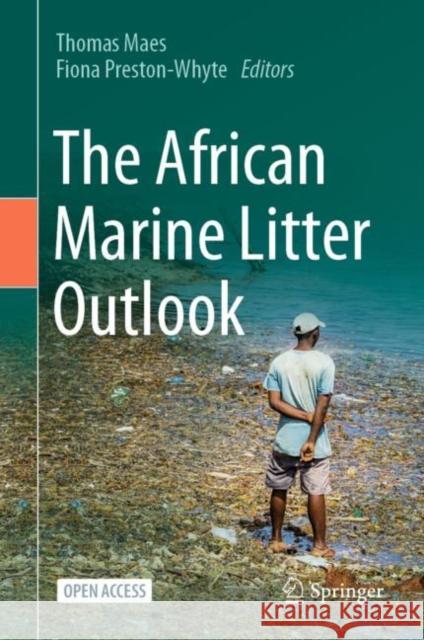The African Marine Litter Outlook » książka
The African Marine Litter Outlook
ISBN-13: 9783031086250 / Angielski / Twarda / 2022 / 224 str.
The African Marine Litter Outlook
ISBN-13: 9783031086250 / Angielski / Twarda / 2022 / 224 str.
(netto: 191,21 VAT: 5%)
Najniższa cena z 30 dni: 192,74
ok. 22 dni roboczych.
Darmowa dostawa!
This open access book provides a cross-sectoral, multi-scale assessment of marine litter in Africa with a focus on plastics. From distribution, to impacts on environmental and human health, this book looks at what is known scientifically. It includes a policy analysis of the instruments that currently exist, and what is needed to help Africa tackle marine litter—including local and transboundary sources. Across 5 chapters, experts from Africa and beyond have put together a summary of the scientific knowledge currently known about marine litter in Africa.The context of the African continent and future projections form a backdrop on which the scientific knowledge is built. This scientific knowledge incorporates quantities, distributions, and pathways of litter into the marine environment, highlighting where the impacts of marine litter are most felt in Africa. These impacts have widespread effects, with ecological, social, economic, and human health repercussions. While containing detailed scientific information, this book provides a sound knowledge base for policymakers, NGOs and the broader public.
This open access book provides a cross-sectoral, multi-scale assessment of marine litter in Africa with a focus on plastics. From distribution, to impacts on environmental and human health, this book looks at what is known scientifically. It includes a policy analysis of the instruments that currently exist, and what is needed to help Africa tackle marine litter—including local and transboundary sources. Across 5 chapters, experts from Africa and beyond have put together a summary of the scientific knowledge currently known about marine litter in Africa.The context of the African continent and future projections form a backdrop on which the scientific knowledge is built. This scientific knowledge incorporates quantities, distributions, and pathways of litter into the marine environment, highlighting where the impacts of marine litter are most felt in Africa. These impacts have widespread effects, with ecological, social, economic, and human health repercussions. While containing detailed scientific information, this book provides a sound knowledge base for policymakers, NGOs and the broader public.











